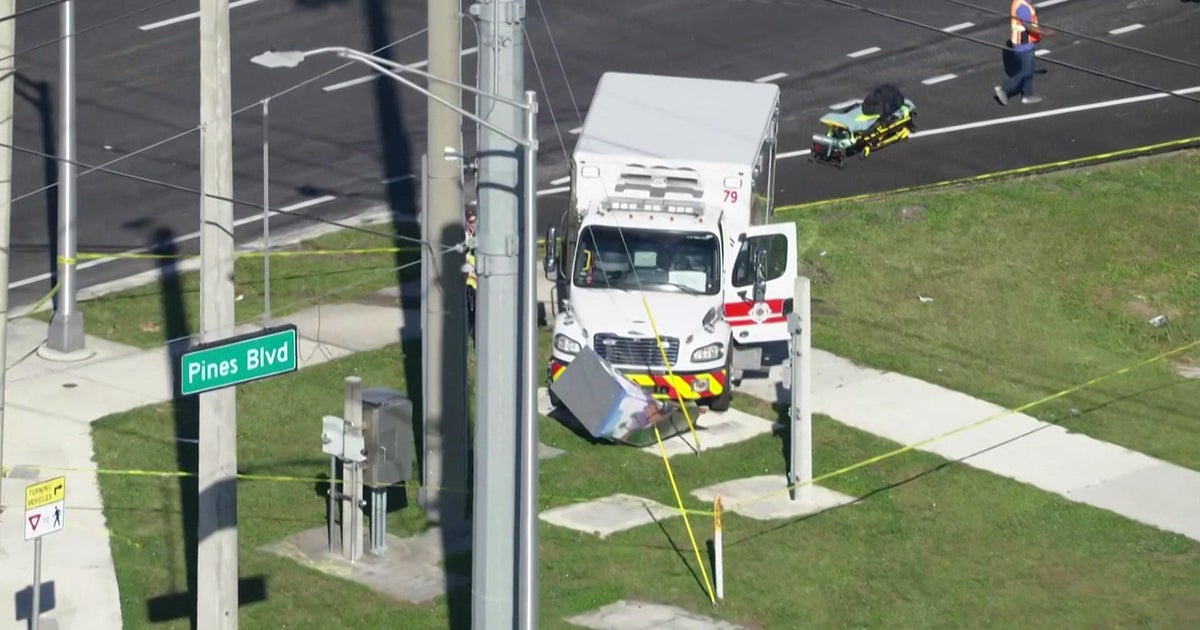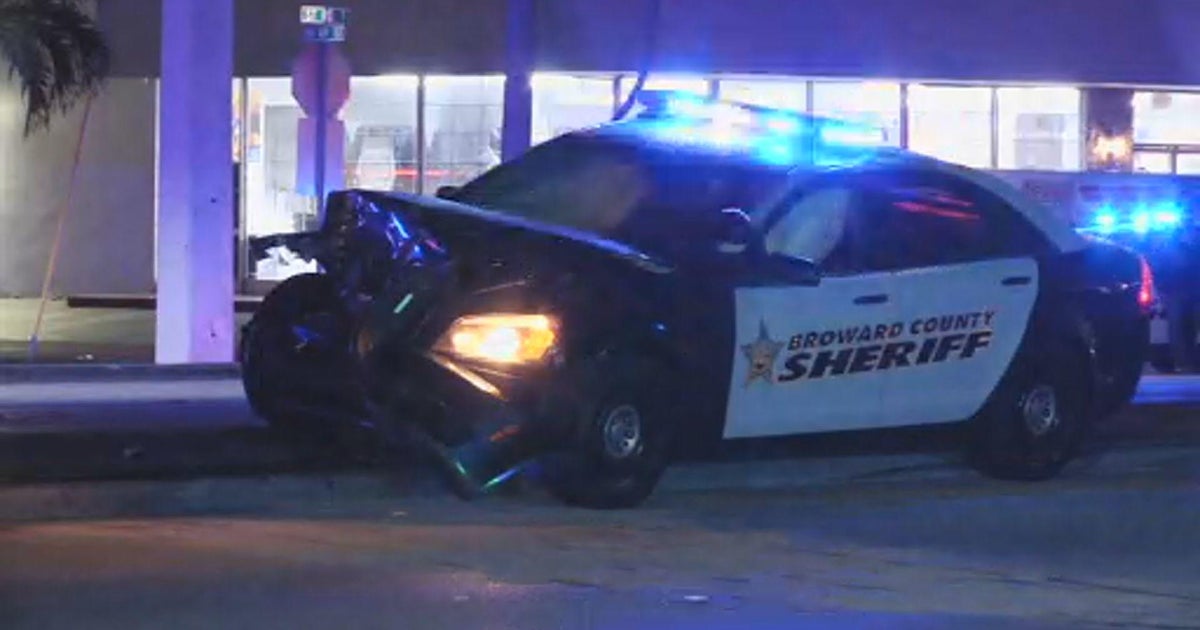March Of The Living: Walking With History
I was totally blown away when I got the phone call from my news director, asking if I wanted to go to Auschwitz to do a story about three holocaust survivors from Miami. I mean really, who gets the chance to walk side by side with men who went to hell and back and lived to tell about it? I realized immediately how fortunate I was to have the opportunity to meet these men and tell their incredible stories of heartbreak and hope.
Joe Sachs, David Mermelstein and David Schaecter are totally awe inspiring. They are in their 80's, they have so much energy, stamina and strength. They are driven by the need to tell their stories. They understand that they are some of the last survivors who can give first hand accounts of the atrocities that happened to the Jewish people, as well as millions of others at the hands of hate. Their mission is to make sure the world does not forget and that we all learn that hate breeds hate. They stand against prejudice and bigotry and want us all to guard against it taking hold of our society.
As I walked with them through Auschwitz and the killing factory, Birkenau, it struck me how strange it was watching tourists shuffle around carrying water bottles and back packs. 70 years ago, these men were in the exact spot where we were standing, fearing for their lives, not knowing what was going to happen to them. They were living in hell, grieving for their mothers, fathers and family who were ripped away from them and murdered.
I was struck by the electrified fences surrounding us at every turn. As we walked around, we were able to come and go freely. In 1943, those are the same fences that kept millions of people trapped in misery. As I looked through those fences, I thought about the hopelessness, helplessness and fear the people here must have felt. I thought about the parents who where pushed down those fence lines with their children and how they had no idea that they were being marched to the gas chamber and their deaths.
I thought about all those children who were murdered. Kids were of no use to the Nazis unless they were the subject of cruel medical experiments. I thought about the parents who would lay down their lives for their children, but it did no good, because in the end, both the parents and kids were murdered. As human beings, I think we're all programmed to protect children. If I ever saw a child in danger, I would risk anything to help and make sure the child was safe. That's what we do as adults, as decent human beings. But these were monsters behind the mass murder of the holocaust.
When I looked out on the vast ruins at Birkenau, where the hundreds of barracks once stood, I thought about the people who existed inside of them. I picture those three tiered "bunk beds" where they slept. There were no mattresses for comfort, no blankets to keep them warm, no loving embrace from a spouse or family member. They were human beings in flimsy prison uniforms crammed 4 or 5 to a bunk who were trying to get some rest. They were starving people, being worked to death, much of the time in bitter cold. I thought about how uncomfortable I am when the temperature dips into the 50's and I race from my car to the house to get a sweater. Then I think about how millions of people were forced to work outside, as slave labor, in sub zero temperatures with no coat, no gloves, and no warm home to return to.
While I was hearing stories about how SS guards would sometimes just randomly shoot a prisoner, I began thinking, "Wow, I would think it would almost be a relief to be put out of my misery, instead of living in the far reaches of hell."
When Joe, David and David told me about when they were finally liberated from the Nazis, I couldn't even imagine the relief they must have felt. Then I realized the reality. Where would they go now? What would they do? Who would they celebrate with? They had no home to return to, no family waiting for them and no possessions. It's all so horribly unimaginable.
As a child, I studied about the holocaust. I knew it was a terrible time in the history of the world. I knew it was beyond my scope of understanding. But now, I understand it differently. I walked shoulder to shoulder with Joe Sachs, David Mermelstein and David Schaecter. They shared their stories with me first hand. For me, they turned the holocaust into something real, not just an era I studied in our history. Now it is someone's life story and it's even more awful than I ever imagined.
These three me made me understand that I can not stand by passively when I see hate, that it is my responsibility to convert hate to understanding. Through their pain, I learned what happens when society does not stand up against bigotry and prejudice. They also showed me that to effectively change the world you have to lead through example. They teach the lessons of the holocaust with love in their hearts and hope for a better tomorrow.
Since I returned, I've been waking up at odd hours of the early morning, thinking about the things I saw and learned and searching for effective, sensitive ways to tell their stories. It's a huge responsibility, one I could never have imagined I would face. Yet I'm so grateful fate chose me to be a part of it, giving me the chance to help others understand.
My final impression comes from the very end of our shoot in Poland. We had just wrapped when David Schaecter walked up and gave me a hug as we stood in the spot where 18,000 people were massacred in one day at the Majdanek concentration camp. To me, it was more than a hug, it was an embrace between two people who are now bonded forever. He said, "Thank you for what you're doing." That meant the world to me.



